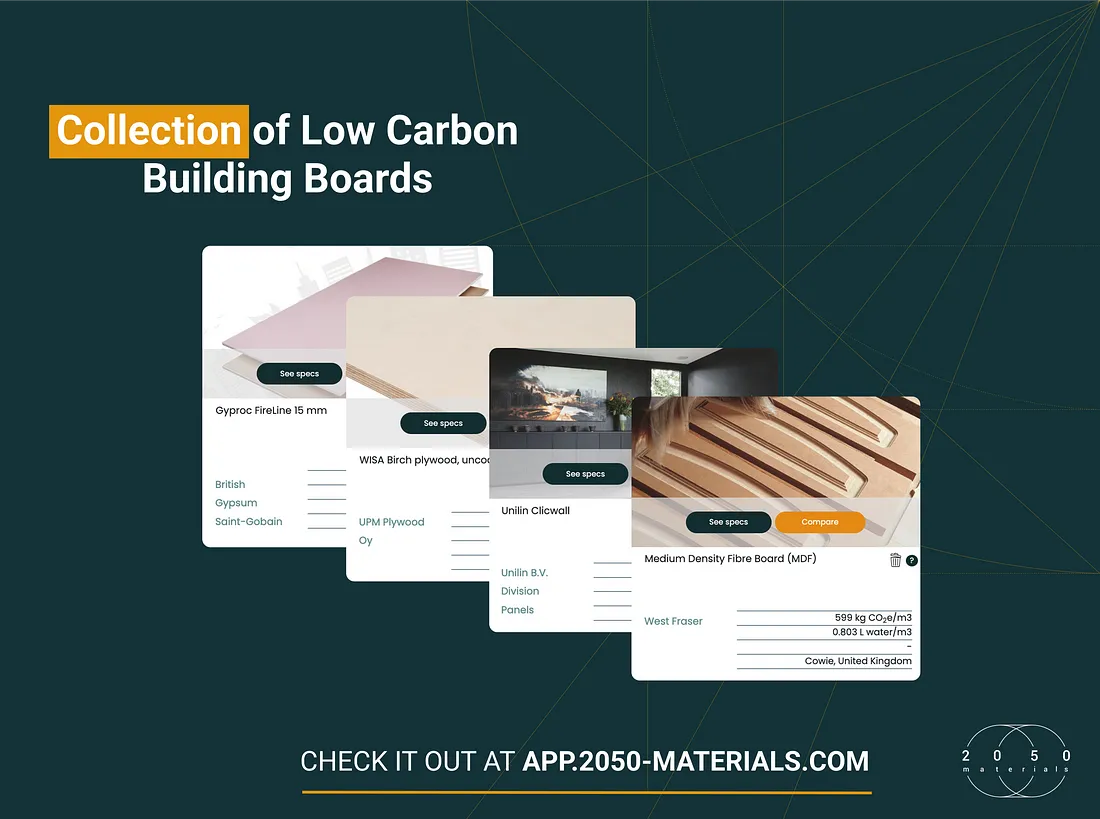What the EU building data project — INDICATE — Means to the Build Industry

On the 30th of March, the UKGBC released a press release on the new INDICATE program which will unite governments, business, and academia to address one of the most frequent obstacles to passing regulations that will assure climate neutral construction: a dearth of accurate and thorough building emissions data.
The first nations to take part in a new project that seeks to increase the accessibility of high-quality building climate data are Czechia, Ireland, and Spain. This is an important step toward entirely decarbonizing the industry, which contributes roughly 40% of all carbon emissions worldwide.

By creating vital baseline data for buildings, INDICATE aims to speed up policy development throughout Europe. This data can help policymakers set carbon limits that cover the full lifecycle impact of buildings, from manufacture and construction through to deconstruction and waste processing — what are known as “whole life carbon limits.”
 “Addressing embodied carbon emissions is critical to halve our emissions by 2030 and reach carbon neutrality by 2050. The development of high quality data and baseline data for buildings constructed in Ireland through pilot projects is a key step in supporting the regulation of these emissions in Ireland.” Francis-Noel Duffy, Member of Dáil Éireann for Dublin South West and the Green Party Spokesperson for Housing
“Addressing embodied carbon emissions is critical to halve our emissions by 2030 and reach carbon neutrality by 2050. The development of high quality data and baseline data for buildings constructed in Ireland through pilot projects is a key step in supporting the regulation of these emissions in Ireland.” Francis-Noel Duffy, Member of Dáil Éireann for Dublin South West and the Green Party Spokesperson for Housing
Almost all building laws in Europe at the moment only take into account carbon emissions that arise during building operations, neglecting emissions that arise before a structure is put to use and at the end of its useful life. These embodied carbon emissions, sometimes referred to as whole life carbon (together with operational CO2), can account for more than half of a new building’s overall carbon footprint. They also pose a threat to deplete national construction carbon budgets far before 2050 net zero aspirations.
Whole life carbon policies have already been implemented in a number of important markets, including Denmark, Finland, France, and the Netherlands. Creating baselines was the first and most important step in setting these.
This data gap is being addressed by the coalition behind INDICATE. The project’s novel public-private strategy aims to garner widespread support and investment for the findings from both business and policymakers, facilitating the speedy use of the resultant data. This is just the start of what the coalition believes will be a swift reduction in unrestricted carbon emissions that will be quantified throughout all of Europe.
With suggestions to include mandatory reporting in the amendment of a crucial component of European building policy, the Energy Performance of Buildings Regulation, the EU recently took its own initial steps toward whole life carbon management (EPBD). INDICATE will assist in overcoming resistance to the ambitious suggestions made by EU parliamentarians for the EPBD reform from some Member States by bolstering political support and industry capability among more nations.
The Role of 2050 Materials in Providing Climate Data
Without accurate data on the performance and properties of building materials, it becomes difficult to make mindful decisions when designing or building a project. Collecting and analyzing more data about materials can lead to more efficient and sustainable construction practices, ultimately benefiting the industry and society as a whole.
This why 2050 Materials exists, to help designers and architects in their selection process to ensure the lowest possible carbon footprint.
Visit 2050 Materials to compare and specify the most sustainable materials, from the foundation to the finishes.

Sources:
Governments and construction sector in three European countries launch EU building data project to drive full decarbonisation — UKGBC https://worldgbc.org/article/indicate-launch/
Why is it essential to reduce the construction industry’s carbon footprint? — PBC Today https://www.pbctoday.co.uk/news/energy-news/reduce-construction-industrys-carbon-footprint/108643/
How volumetric modular can cut carbon emissions in 2023 — PBC Today https://www.pbctoday.co.uk/news/mmc-news/volumetric-modular-cut-carbon-emissions-2023/120861/
Related articles

Climate-Resilient Materials for the Built Environment: A Data-Centred Prime
As climate volatility intensifies, resilience metrics are fast becoming as critical as carbon data in material selection. This article outlines why adaptation is now a design imperative, how materials can be evaluated through a systems lens, and what KPIs project teams should demand. From self-healing concrete to fire-rated façades, we present a structured taxonomy of resilient materials, explain how to embed this intelligence into digital design workflows, and propose next steps for specification, benchmarking, and procurement.
Read more
The Most Interesting Low Carbon Products in Office Design
In this article and collection, we highlight 11 outstanding products that contribute to a lower carbon footprint in office design.
Read more
Top Low Carbon Building Boards: Performance, Benefits, and Use Cases
The building boards highlighted in this article and collection showcase low-carbon innovation in modern construction.
Read more